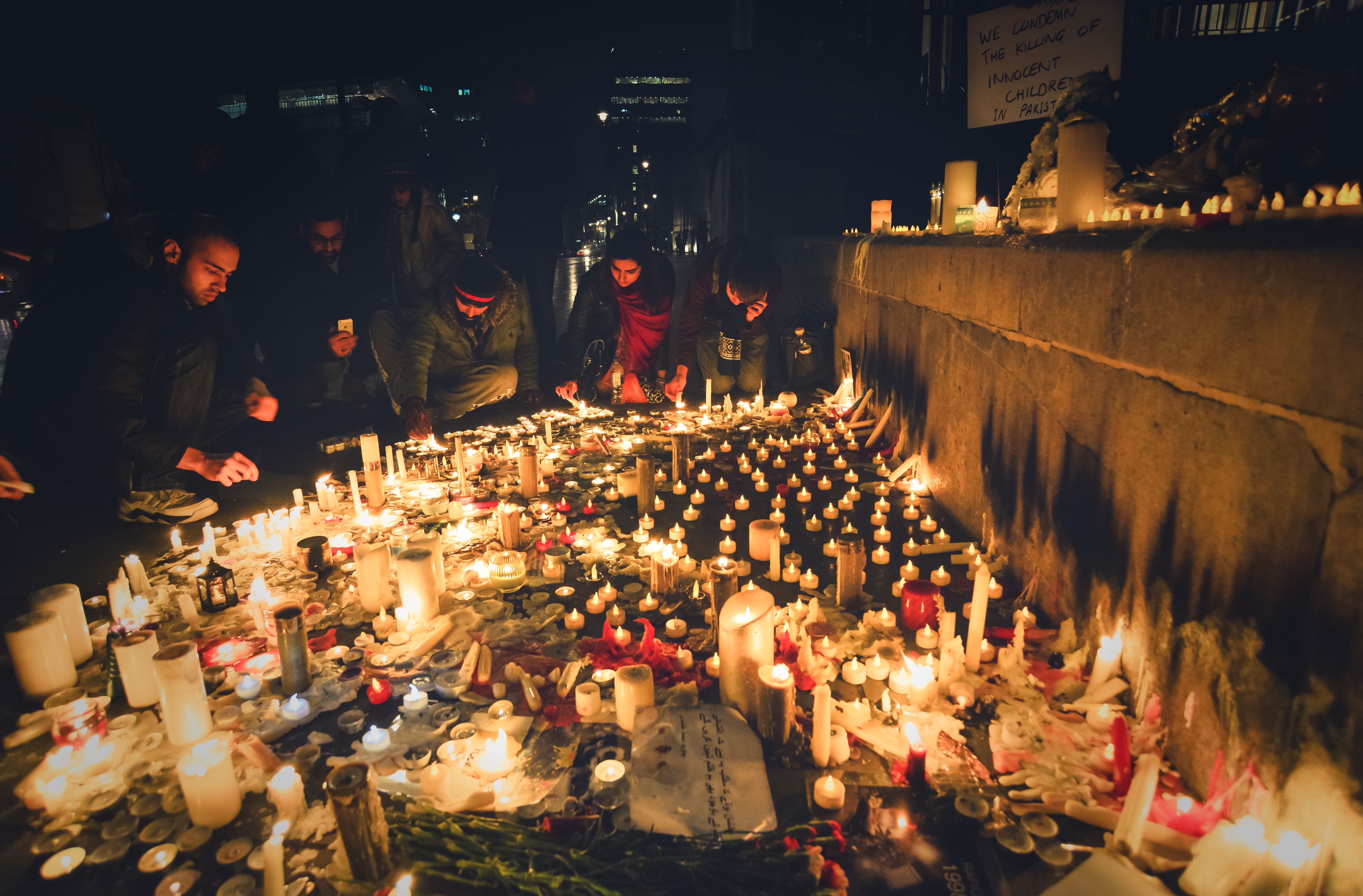Is Pakistan at a Turning Point or Will It Be Business As Usual?
Many in Pakistan are hoping that the December 16 attack on a school, which killed 132 students and 9 teachers, will finally be a turning point in the country’s ambivalent effort to rid the country of the Tehreek-i-Taliban Pakistan( TTP), which claimed responsibility for the carnage.
The cowardly attack was, perhaps, the most spectacular, but it is by no means the first. The latest crisis presents a fresh opportunity for the government, after four months of disruptive political confrontation with Imran Khan, the leader of Pakistan Tehreek-i-Insaf, to strengthen the democratic set up by mobilizing existing public support and seeking a parliamentary consensus for an all-out assault on the Taliban. But will the government rise to the challenge or simply revert to conducting itself as a private family enterprise not accountable to the Pakistani electorate?
The months of confrontation have marginalized parliament and any opportunity for genuine public debate on the terrorism that has taken approximately 50,000 lives, left thousands injured and the displacement of a million people from the tribal areas.
It took the latest heinous attack for Khan to finally agree to call off his street campaign, in an effort to topple the government, and support a military operation against the Taliban, despite the fact that most of the thousands who have been killed were from Khyber Pakhtunkwha (KP), the province where his party forms the government. Until now, he has shown a shocking disregard for the victims of terrorist attacks while espousing sympathy and even support for the attackers. He exhorted the government, for example, to open an office for the Taliban and when the University of Peshawar planned to launch a book written by Malala Yousufzai– the teenager who was shot and almost killed by the Taliban in KP province – his PTI government blocked it.
Last spring Khan opposed the government’s proposed launch of a military operation against the TTP, insisting, instead, that talks be held with them despite the fact the TTP have broken every previous peace deal they agreed to since 2004. After the Sharif government gave in to his demand to “give peace a chance,” the TTP, true to form, launched an audacious siege of the Karachi international airport which killed 13 people in the midst of the so-called peace talks last June. Fed up with waiting for the political leadership of the country to address the Taliban attacks on them, the Pakistan army launched operation Zarb-e-Azb in June and has, by various accounts, achieved some success in weakening their forces.
Despite the stream of horrific Taliban attacks culminating in the one last week, the issue of terrorism has yet to be raised for debate in an open session of parliament. Parliamentary leader of the opposition Pakistan People’s Party in the Senate, Senator Raza Rabbani this week regretted that parliament had never been taken into confidence on the progress made in the ongoing military operation in North Waziristan since it was launched in June.
The only time a military operation against the Taliban was ever tabled for debate in Parliament was in 2009 after a video surfaced of the Taliban whipping a woman in Swat and declaring that democracy is “unIslamic.” The public response was overwhelming and enabled a military operation to proceed successfully with full public support and a unanimous resolution by parliament.
Now, however, the Prime Minister has established a closed door committee of party leaders, army and intelligence representatives, some of whom have been past Taliban sympathizers, to develop a plan that will only be made public after it is approved by the government. No terms of reference or opportunities for public input have been announced and it is unclear whether the recommendations will be presented for scrutiny in parliament.
Some elements of society, notes political scientist Rasul Bakhsh Rais, “feel disgusted with the way democracy has become perverted, and is now just a system to defend and promote private interests at the expense of the public and the republic.” He adds that “even if they understand the philosophy and practice of true democracy as public service, they don’t care much about it beyond their own narrow power interests.”
Early indications that the government has learned that the views of the public are a legitimate part of a democratic process are not encouraging. Organizers of a demonstration outside a mosque where a radical cleric refused to condemn the Taliban perpetrators of the school massacre were served with notices by the police. The coming days will be a test for the government not only on how they respond to the latest Taliban attack, but also whether it understands that in a democracy the parliament and, indeed, the citizens, have a legitimate and vital role to play in deciding how it should be done.
Image Credit: Kashif Haque
—
Sheila Fruman is a research fellow at the Ralph Bunche Institute. She was Senior Resident Country Director for the National Democratic Institute for Pakistan, based in Islamabad from 2006-2010. She has worked elsewhere in the region, including Afghanistan and Bangladesh, and in numerous other developing democracies.

